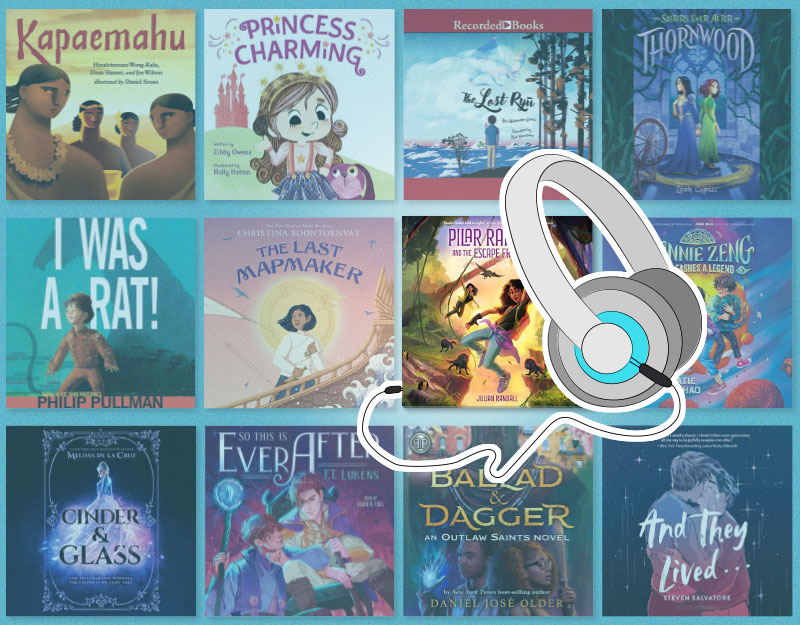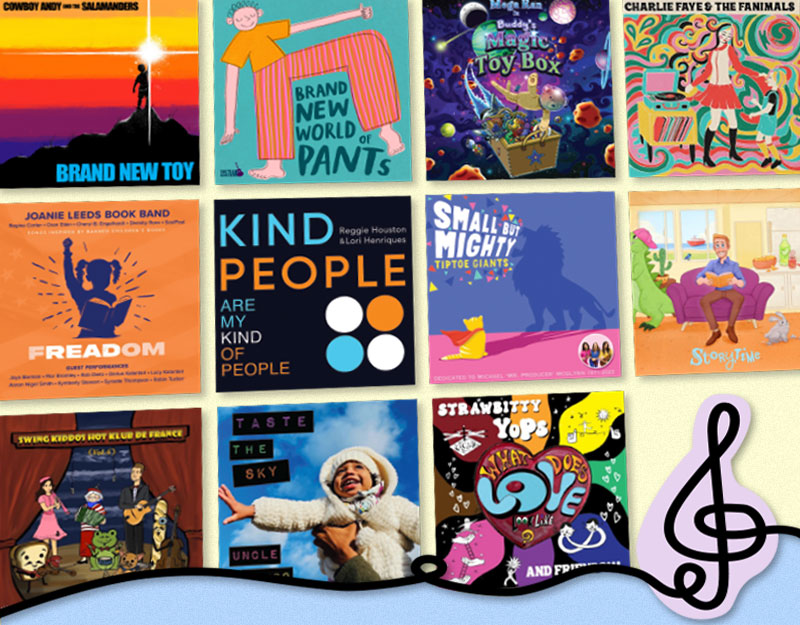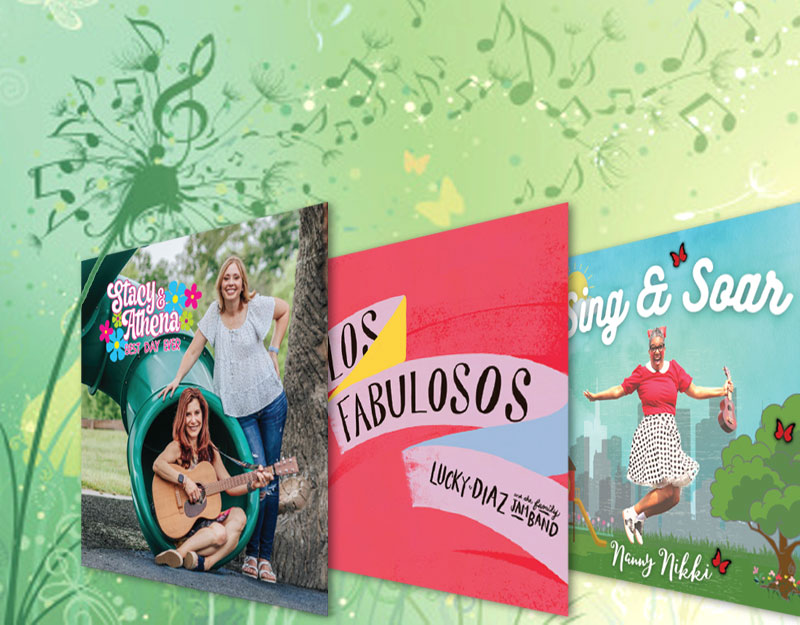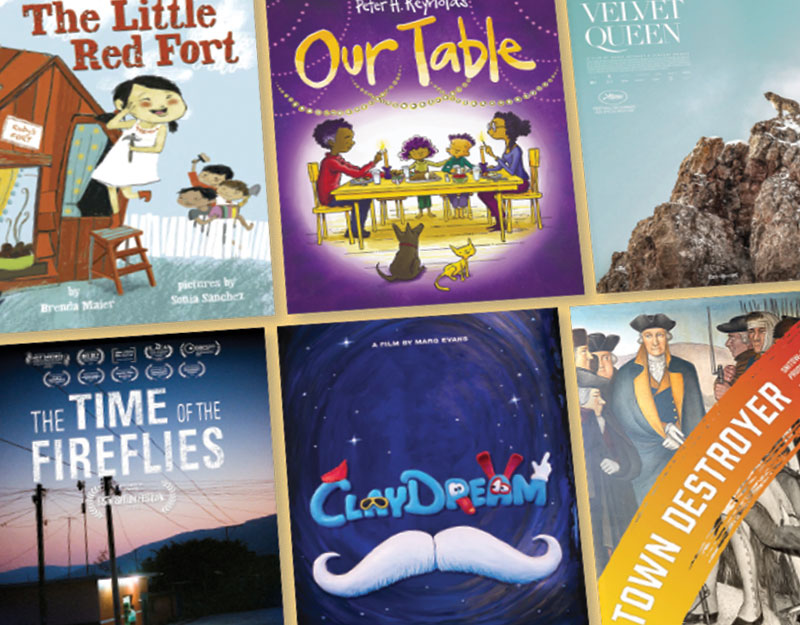Review of the Day: Maybe Tomorrow? by Charlotte Agell, ill. Ana Ramírez González

- Maybe Tomorrow?
- By Charlotte Agell
- Illustrated by Ana Ramírez González
- Scholastic Press
- ISBN: 9781338214888
- $17.99
- Ages 4-7
- On shelves now.
Sometimes what a picture book doesn’t say to the reader bears as much importance as what it does say. Or maybe it’s what a book doesn’t do. The books that people write for children reflect the times in which they are written. And for all that the world is a dark and gloomy place, I’ve been very cheered by the ways in which Americans have been willing to confront problems that previously had been sort of swept under the proverbial rugs. Take grief and depression. In the past, if you wanted to touch on this topic in a way that was pertinent to children, you had to wrap it all up in a metaphor so thick and poofy that only the most insightful of kids would have any kind of a clue what it was you were talking about. That is not the problem today. Today picture book authors practically stumble over themselves to be the first to tackle a big issue in a 32-page format. Many, sadly, are done poorly. They eschew subtlety. They don’t trust the material (or maybe they don’t trust their own writing abilities) and just spill it all out onto the page without effervescence or class or polish. Then I have to read them. I read a lot of them. They’re the books that tout the Phds and doctorates of their authors, all the while ignoring the fact that a message is more effective when the writing is the best it could be. So I sit and I wait quietly and I twiddle my thumbs. Sometimes I do this for years before the right book with the right take on a message comes my way. I know the book when I see it. This year, Maybe Tomorrow? by Agell and González is that book. An infinitely gentle take on the feelings we lug around inside of ourselves and why we don’t have to always lug them on our own.
Elba has a block. It’s large and very heavy and she drags it wherever she goes. When she meets Norris he could not be more different. Norris skips and dances and is surrounded by clouds of butterflies at all times. Norris is not encumbered by a block of any kind, but when he meets Elba he falls into step with her. After a little time, he offers to help her carry her block. When she gets tired, they sit on it together. And when she wants to talk about someone she has lost, someone that was important to her, he listens. Slowly, after some time, this helps the block to get a bit lighter. Elba says, “I’ll always have this block, you know” to which Norris replies, “Yes, maybe you will… But I will help you carry it sometimes.” Not always. Not everywhere. Just sometimes. As a friend would.
ADVERTISEMENT
ADVERTISEMENT

If I were a graduate student with infinite time on my hands and a plethora of resources at my fingertips, I would love to conduct a historical survey of picture books meant to guide and instruct children through difficult times. Grief is a particularly strong emotion and it can be handled in a variety of different ways. How would a book like Maybe Tomorrow? have been handled ten years ago? Twenty? Thirty even? My working theory is that in previous years this book would have ended very differently. The easy way, the common way, would have been for Norris to help Elba get rid of her block completely. I sort of lived in fear of that ending as I read, so Agell’s careful choices were key for me. Norris does not tell Elba to abandon her block (as a lot of people in the real world would). He helps her carry it but he can’t do that all the time. Honestly, the lesson of Maybe Tomorrow? isn’t all that different from another book on grief The Rabbit Listened. What Norris can do is keep Elba company and help any way that he can. He doesn’t prance about with his butterflies, insisting that she prance too. He doesn’t try to change her, though he does encourage her to join him. And then there’s the moment when the metaphor and the reality intersect. Elba confesses to Norris that she misses someone and he says he misses them too. He didn’t know them but he’s trying to share the burden of that grief with Elba. Some people would be thoroughly peeved by someone doing this, but for others it would be a key moment of empathy providing precisely what they need at the right time.
Now the very first thing I saw when I heard about this title was its cover. One glance and I instantly thought, “Ah. Moomintroll inspired. Very nice.” Only, I’m not so sure of that now. Artist Ana Ramírez González does seem to render Elba on her sturdy little hind legs in a Moomin-like way, but perhaps that’s just a coincidence. Elba is a soft, round little figure. Her facial expressions are limited primarily to her eyes and brows, which furrow regularly. I wonder to what extent author Agell had any input on González’s art. Did she specify that Elba would be a hippo-like creature? Did she say that Norris was a crocodile or alligator? And what an interesting choice for a happy creature. Usually the bunny gets designated as the unofficial picture book arbiter of joy. Having a reptile surrounded by an omnipresent smattering of butterfly hangers-on negates the inherent ootsy-cutesy factor. Was he always supposed to be scaly? Was she always supposed to be roly-poly? Or is this just a great example of what happens when text and image merge in that process of symbiosis present in the best picture books? The jury is still out.

Because maybe what’s most amazing to me is just the fact that the book even works. Think about it. This should needle me. Norris is covered in friggin’ butterflies, after all. You can just sense how a lot of Elbas in the world would react to that. I’m lugging a block and this guy over here is Mr. Butterfly Happy Day Man. Ugh! When we are teenagers there is an unspoken understanding that joy has no place in the world of seriousness. It’s only when we grow older that we understand that carefully curated joy is a balm. Only, it has to be administered by someone kind and understanding who thinks of others more than themselves. Norris isn’t trying to downplay what Elba is feeling. He’s not trying to change her, or doing that annoying thing where you tell a person with serious issues, “Lighten up! Just look at the pretty sunrise!” Instead, he’s the new friend you wish you had when you have something new and horrible to tug around.
Years ago, my husband suffered a major setback in his life. Most of our friends just acted as if it hadn’t happened. But this one person, who wasn’t even a close friend to us, looked him in the eye and said straight out, “That must have been really hard for you.” That simple statement just floored my husband. As he told me later, “No one ever said that to me. And it meant so much.” It’s this acknowledgement of grief that’s important. Kids feel emotions so keenly and are used to grown-ups discounting their feelings, particularly when it comes to sadness. So when a kid has a legitimate moment of loss, it is important to acknowledge that that loss even exists, to give the kid space to feel sad, and to offer help, if it’s wanted, however you can. These are lessons adults could probably learn (and let me tell you, I’ve recommended to The Rabbit Listened to a heck of a lot of adults over the years). When I first read this book, I didn’t make that connection. I just had to sit and think with it a while to figure out what it was trying to tell me. Maybe Tomorrow? is, at its heart, about how to be a good friend. A seemingly simple lesson for a deeply complex world.
On shelves now.
Source: Final copy checked out of library for review.
Other Reviews: Read this marvelous encapsulation of the book by Jules at Seven Impossible Things Before Breakfast.
Videos: To answer one of my questions, Elba apparently began her life as a rhino. I think she’s evolved since then. Charlotte Agell has more:
Filed under: Best Books, Best Books of 2019, Reviews, Reviews 2019
About Betsy Bird
Betsy Bird is currently the Collection Development Manager of the Evanston Public Library system and a former Materials Specialist for New York Public Library. She has served on Newbery, written for Horn Book, and has done other lovely little things that she'd love to tell you about but that she's sure you'd find more interesting to hear of in person. Her opinions are her own and do not reflect those of EPL, SLJ, or any of the other acronyms you might be able to name. Follow her on Twitter: @fuseeight.
ADVERTISEMENT
ADVERTISEMENT
SLJ Blog Network
2024 Books from Coretta Scott King Winners
Family Style: Memories of an American from Vietnam | Review
Parsing Religion in Public Schools
ADVERTISEMENT








I can’t wait to read this book. Thank you for writing about it today. I’m off for my annual visit to the Mazza Museum today. I hope you are able to see this wonderful place someday.
Believe it or not, I walked into the Mazza gift shop and Maybe Tomorrow was one of the books on display.